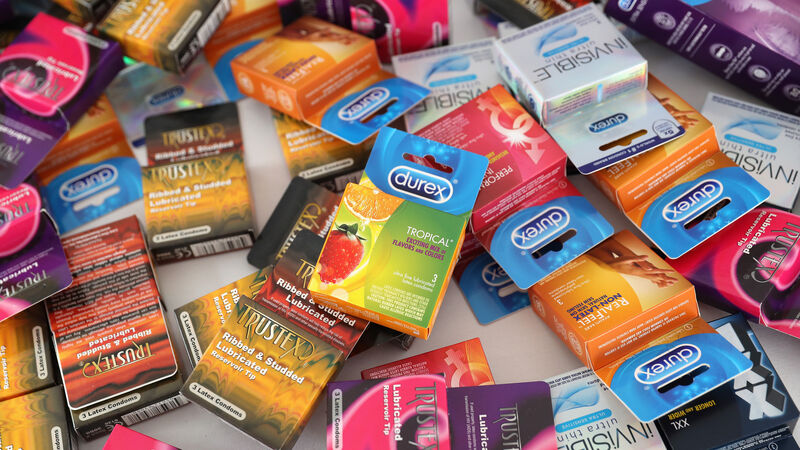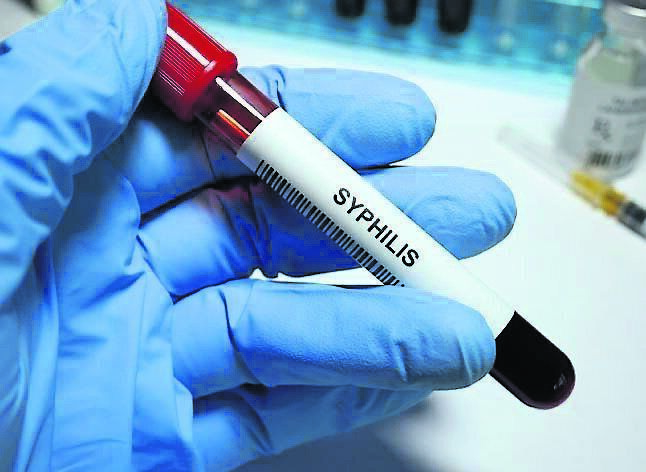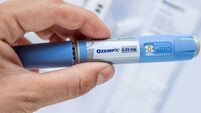Teenage condom use declining at 'alarming' rates

Data shows that the decrease in condom use is pervasive, spanning multiple countries and regions, with some experiencing more dramatic reductions than others. File picture
Teenage condom use is declining at “alarming” rates, increasing the risk of sexually transmitted diseases (STIs) and unplanned pregnancies, the World Health Organization (WHO) has found.
More than 242,000 15-year-olds across 39 countries including Ireland were surveyed for the Health Behaviour in School-aged Children (HBSC) study between 2014 to 2022.
Rates of unprotected sex are now “worryingly high”, with condom use falling significantly among sexually active teens since 2014 amongst those surveyed in countries mostly in Europe but also in Canada and some in Central Asia.
Teenage boys who used a condom at last intercourse fell from 70% to 61% between 2014 and 2022.
Among teenage girls, the proportion that used a condom when they last had sex dropped from 63% to 57% between 2014 and 2022.
High rates of unprotected sex were recorded, with almost one-third of adolescents (30%) reporting using neither a condom nor the contraceptive pill at last intercourse, a figure that has barely changed since 2018.
The report also highlighted socio-economic differences.
Adolescents from low-affluence families were more likely to report not using a condom or the contraceptive pill at last sexual intercourse than their peers from more affluent families (33% compared with 25%).
Contraceptive pill use during last sexual intercourse has remained relatively stable between 2014 and 2022, with 26% of 15-year-olds reporting that they or their partners used the contraceptive pill at their last sexual intercourse.

The "substantial" proportion of sexually active 15-year-olds engaging in unprotected sexual intercourse can have far-reaching consequences for young people, including unintended pregnancies, unsafe abortions, and an increased risk of contracting STIs, the WHO has warned.
The high prevalence of unprotected sex indicates significant gaps in age-appropriate comprehensive sexuality education, including sexual health education, and access to contraceptive methods, the WHO said.
Data shows that the decrease in condom use is pervasive, spanning multiple countries and regions, with some experiencing more dramatic reductions than others.
The report underscores the urgent need for targeted interventions to address these concerning trends and promote safer sexual practices among young people within the wider context of equipping them with the foundation they need for optimal health and well-being, the WHO said.
Eabha, 16, from Ireland, said: "As teenagers, having access to accurate information about sexual health is vital.
Lead report author, Dr András Költő of the University of Galway, said: "Comprehensive sexuality education is key to closing these gaps and empowering all young people to make informed decisions about sex at a particularly vulnerable moment in their lives, as they transition from adolescence to adulthood.
"But education must go beyond just providing information. Young people need safe spaces to discuss issues like consent, intimate relationships, gender identity, and sexual orientation, and we — governments, health and education authorities, and civil society organisations — should help them develop crucial life skills including transparent, non-judgmental communication and decision-making."
The report calls for sustainable investments in age-appropriate comprehensive sexuality education, youth-friendly sexual and reproductive health services, and enabling policies and environments that support adolescent health and rights.
Phil Corcoran, senior health promotion officer with the Sexual Health Centre in Cork, said that the decline in condom use amongst 15-year-olds was “disheartening”.
Free condoms are provided to those aged over 17 at the centre, as this is the legal age of sexual consent.
But single condoms are given to younger teenagers so that they can learn how to properly use them, he said.

Free condoms can be ordered online from the website and posted to an address.
There is no age limit on buying condoms, he said.
"We would stress the importance of condom use with any partner whose STI status you don't know.
"We would encourage people to be proactive around their own sexual health and you know make healthy decisions like condom use and regular STI screening also."
There is “always room for improvement” in sex education for young people, he said.
Streamlining sex education in schools — which currently varies hugely in quality — would be an important change to implement, he said.
“Consistency on relationships and sexuality education in schools would be very, very important,” he said.












